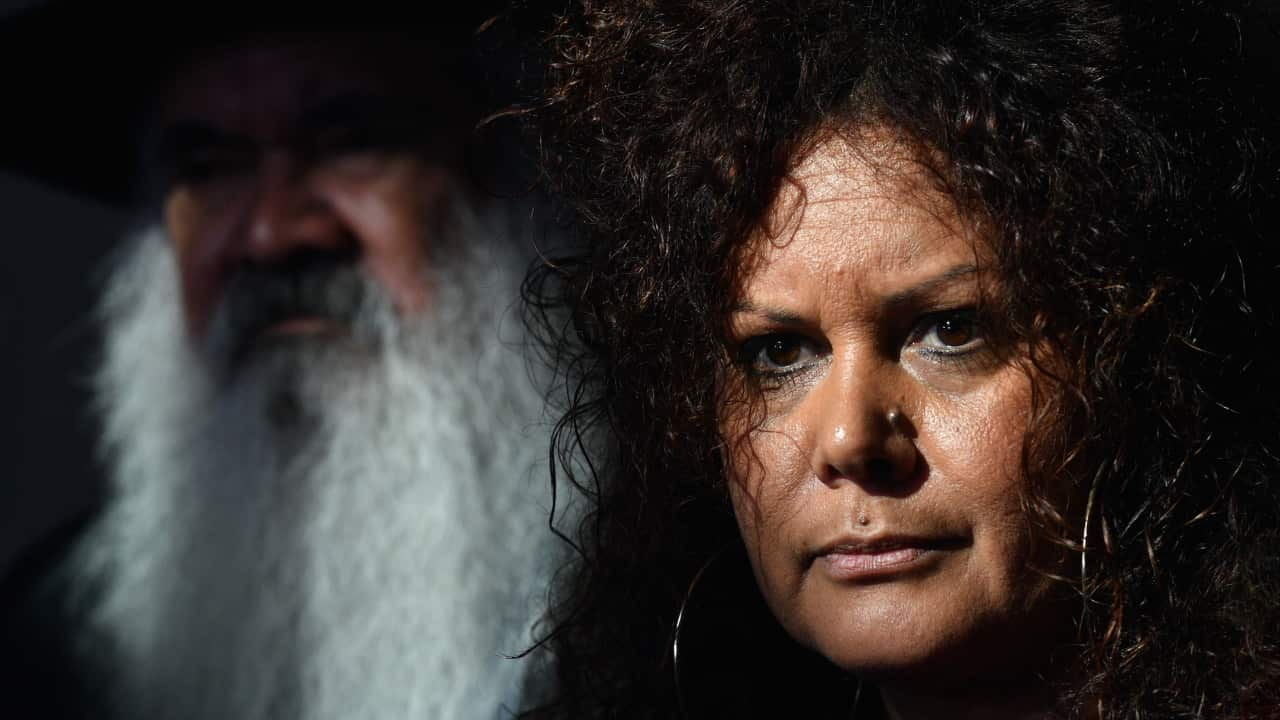Senator Malarndirri McCarthy has responded to Mr Downer’s comments saying he comes from a history of 'nation building', pointing out that her people suffered at the hands of his ancestors.
Earlier this week, Mr Downer defended his daughter Georgina Downer’s loss at the recent Mayo by-election to Centre Alliance’s Rebekah Sharkie.
"Our family have been nation-builders, we've helped to make this nation great," he said.
But Ms McCarthy has a different interpretation of history.
She says it was the Downer name that was ‘very much front and centre of many massacres’ that occurred on her homelands in the gulf country of the Northern Territory.
“Our interpretation of that nation-building, we wouldn’t call it nation-building. We would call it nation destroying,” she told NITV News.
“He talks about the strength of his family and his ancestors as foundation builders, but if you speak to my family and we look at our ancestors it was the Downer name that was very much front and centre in terms of many massacres that occurred in the gulf region of the Yanyuwa, Garrawa, Mara and Kudanji peoples,” she said.
Mapping hidden massacres
A recent University of Newcastle online mapping project revealed almost every Aboriginal clan experienced massacres at the hands of early settlers during colonial wars.
For the gulf country, it was just as brutal as in other locations across the country.
The second stage of the massacre-mapping project, which was released last month, shows known colonial-era massacres could total over 500 by the end of a comprehensive study.
"They're certainly more widespread than I ever imagined. I've been quite surprised how persistent they were," Professor Lyndall Ryan, one of the research leads, told AAP.
Professor Ryan said over 6000 people were killed in the violence and government involvement was often present.
"All of the early massacres across Australia were led by government officials," she said.
"The State is involved from day one and stays involved."
According to The Monthly, there were dozens of massacres in the gulf country while Sir John Downer, a founding father of Federation, was the attorney-general under the Bray government. He was ‘equally complicit’ in taking no action against those who committed massacres.
In , "had he taken steps to prevent them or to prosecute those responsible, many lives could have been saved".
In 1885, for example, Downer ignored a detailed report tabled in the parliament that warned Aboriginal people were facing extinction.
But Ms McCarthy says her comments aren't about denigrating Alexander Downer or his family.
“It’s actually about saying to Australia and Australians [that] there’s two sides to this story and that’s called truth-telling,” she said.
“It’s well and truly time for truth-telling. For too long our country has been built on one side of the story.”
Truth-telling is at the heart of this year’s Garma Festival as the annual gathering celebrates its 20-year anniversary.
Organisers say confronting the past will help pave the way forward for a ‘truly fair-dinkum’ nation.
“The telling of the truth is a vital ingredient to paving the way forward, whether by ensuring Australia’s past is told honestly, or that the realities of Australian politics are fully understood, or the struggle of people's lives explained in full,” says Yothu Yindi Foundation CEO Denise Bowden.
“Sometimes our discussions are challenging to hear and challenging to conduct, but we must all forge our conversations together, being accountable if we’re truly fair dinkum in making Australia a country in its best & brightest form.”
Senior Gumatj clan leader and Yothu Yindi Foundation chair Galarrwuy Yunupingu it is critical Australia owns it history.
“It can be hard to tell the truth as the truth hurts some times. But it is important.”











